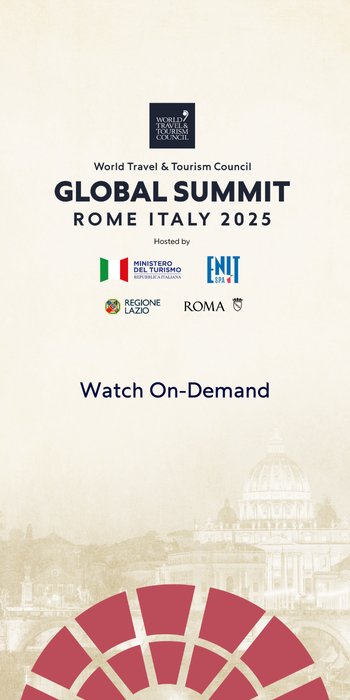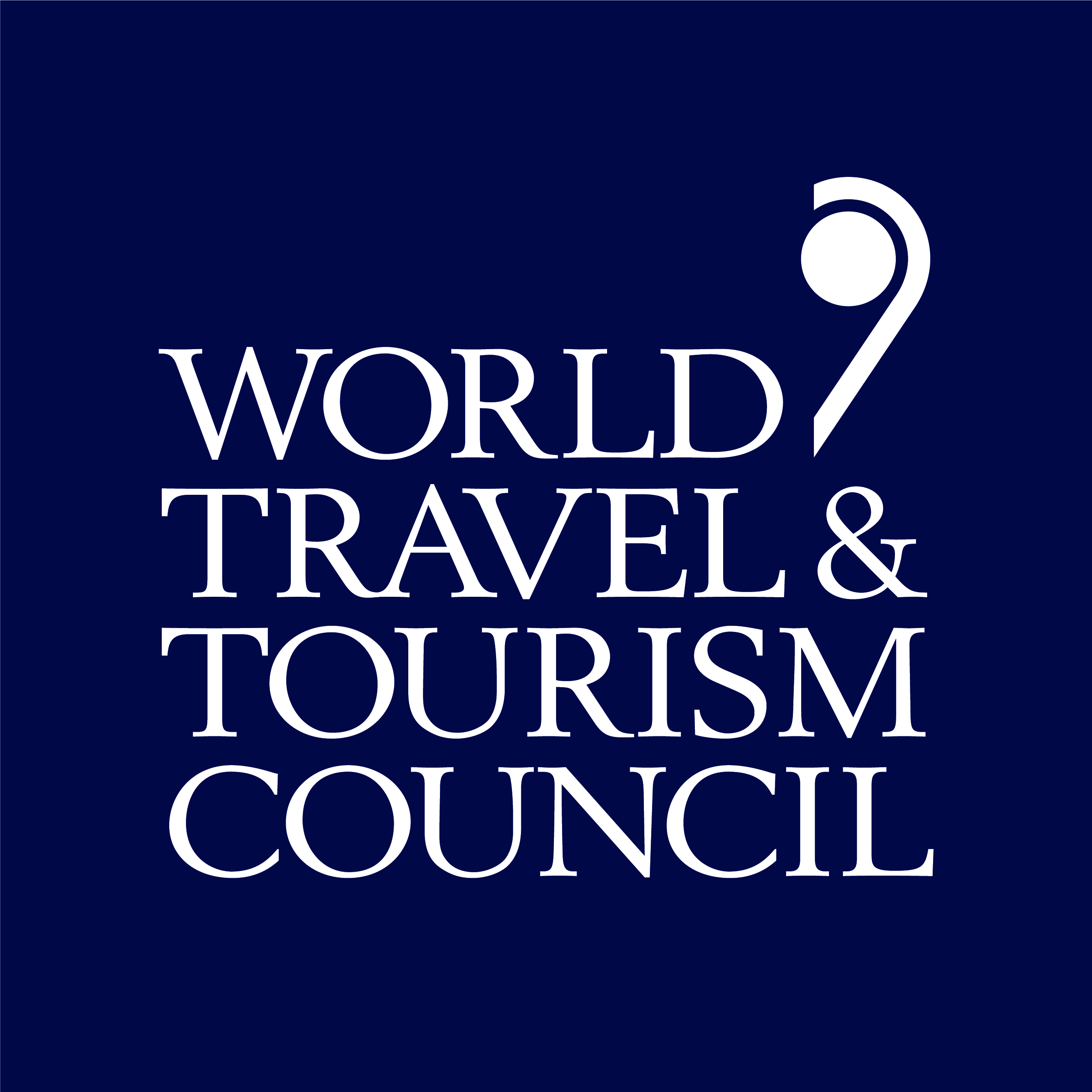Travel hacks for SMEs: How small businesses can build affordable corporate travel programmes

Why let travel drain your profits when it can fuel your growth? For small and medium enterprises (SMEs) in the Travel & Tourism sector, building corporate travel programmes for organisations is a huge opportunity, but often feels like a balancing act between cost efficiency and quality. Corporate clients want streamlined, reliable, and value-driven travel solutions. SMEs, however, face the challenge of delivering these without deep pockets. With smart strategies, affordable SME travel can become your competitive edge.
Sign in to access actionable insights
Why let travel drain your profits when it can fuel your growth? For small and medium enterprises (SMEs) in the Travel & Tourism sector, building corporate travel programmes for organisations is a huge opportunity, but often feels like a balancing act between cost efficiency and quality. Corporate clients want streamlined, reliable, and value-driven travel solutions. SMEs, however, face the challenge of delivering these without deep pockets. With smart strategies, affordable SME travel can become your competitive edge.
Here’s a practical guide for SMEs to design travel programmes that are both affordable and impactful, helping them win corporate clients while keeping expenses in check.
1) Negotiate smartly with airlines
Airfare often takes up the largest share of any travel budget, and SMEs can strike deals.
- Target SME-specific airline schemes: Many major carriers now offer small business travel rewards. Emirates Business Rewards, British Airways On Business, and Lufthansa PartnerPlusBenefit are tailored for SMEs, offering discounted fares, bonus points, and added flexibility.
- Focus on volume where it matters: If your corporate clients frequently travel specific routes, negotiate directly with airlines for preferential rates or credit vouchers for those sectors.
- Tap into group negotiations: Partner with industry associations or travel consortia that pool SME demand to unlock corporate-level discounts.
Strong airline partnerships ensure SMEs can offer clients consistent savings and flexibility, giving them a big edge in the corporate travel market.
2) Turn loyalty programmes into assets
Loyalty programmes are tools SMEs can use to enhance client offerings while keeping costs down.
- Centralise rewards: By consolidating points earned through flights, hotels, and car rentals, SMEs can reinvest them into complimentary services or upgrades for corporate clients.
- Multi-partner ecosystems: Many loyalty schemes extend beyond airlines, covering hotels, car hire, and even dining. Building travel itineraries within these ecosystems multiplies benefits without added cost.
- Pass benefits to clients: Offering clients free upgrades, lounge access, or reward-funded discounts makes your travel programme more attractive while costing your business less.
This transforms loyalty points from a hidden benefit into a tangible advantage, making affordable SME travel a unique selling point.
3) Adopt travel tech to cut costs and add value
Technology is the backbone of modern travel management, and SMEs now have access to powerful, yet affordable tools once reserved for large corporations.
- AI-powered booking platforms: Tools like TravelPerk or Egencia use algorithms to find the best deals, predict price trends, and automate approval flows. This helps SMEs avoid overpayment and streamline processes.
- Expense management solutions: Platforms such as Zoho Expense or Concur allow SMEs to track costs in real time, reducing leakage and making reporting easy for both the SME and the corporate client.
- Traveller safety features: Corporate clients expect duty of care. Affordable tools now provide real-time alerts, itinerary tracking, and emergency assistance at a fraction of traditional costs.
With travel tech, SMEs can demonstrate professionalism and efficiency while delivering affordable SME travel that feels premium.
4) Craft sustainable travel policies without overspending
Corporate organisations increasingly demand sustainable practices in their travel programmes. SMEs can use this to their advantage by offering eco-conscious options that don’t inflate costs.
- Promote rail and low-carbon options: For regional travel, trains or low-emission carriers are often cheaper and greener than flights.
- Partner with eco-friendly hotels: Many sustainable hotels offer competitive SME packages and resonate with corporations committed to ESG goals.
- Offer hybrid travel models: Encourage clients to combine physical trips with virtual meetings, cutting emissions and expenses simultaneously.
- Integrate carbon offsetting: Affordable carbon offsetting programmes can be embedded into bookings, showing responsibility without significant cost impact.
A sustainability-first approach positions SMEs as forward-thinking partners, aligning them with corporate clients’ values while keeping travel affordable.
5) Build client-centric, cost-conscious travel cultures
The best travel programmes don’t just cut costs, they shape behaviour. SMEs that help corporate clients embed cost-conscious practices will stand out.
- Educate travellers: Provide simple guides on cost-efficient booking practices like choosing flexible dates or avoiding premium routes.
- Set clear policies: Recommend daily per diems for meals and transportation to keep spending predictable.
- Gamify savings: Introduce recognition or rewards for employees who book within policy and help achieve savings targets.
By creating a culture of smart travel, SMEs can ensure their clients benefit from more than just negotiated rates; they gain long-term value through behavioural change.
For SMEs, building corporate travel programmes is about carving a distinct position in a crowded market. They can negotiate creatively, adopt nimble technologies, and deliver personalised, sustainable solutions that corporates increasingly demand.
Affordable SME travel is a growth strategy. By mastering the hacks of negotiation, loyalty, technology, and sustainability, SMEs can transform travel programmes into high-value offerings that corporates trust and prefer.

















